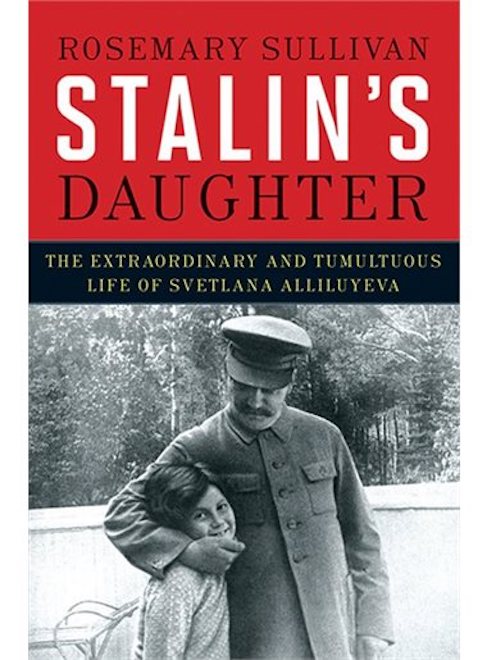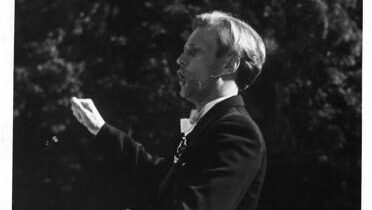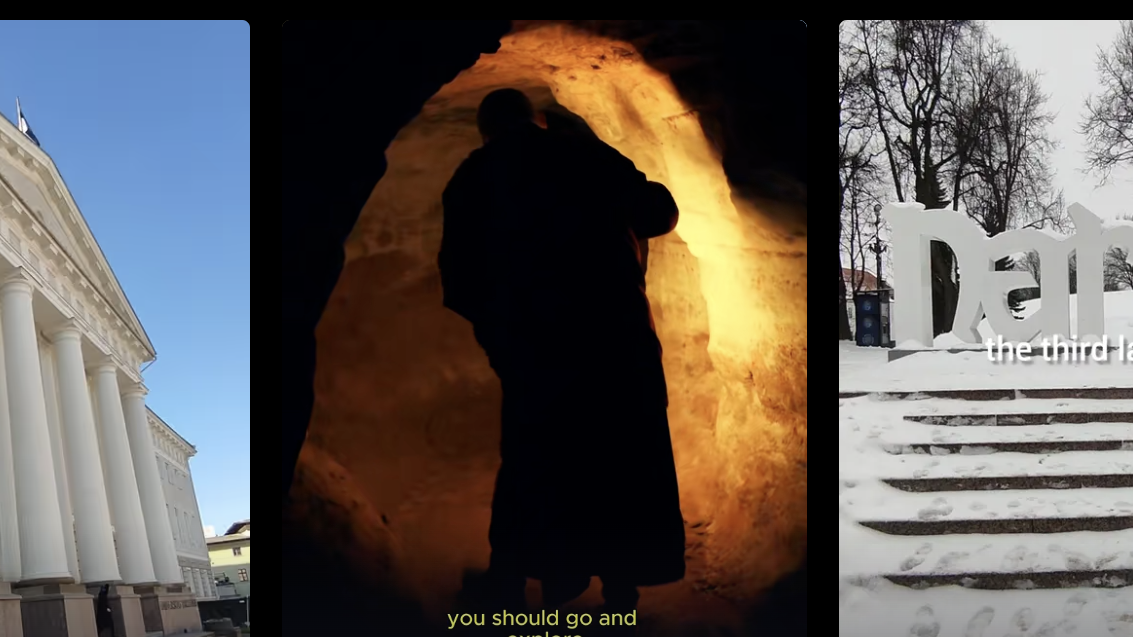Rosemary Sullivan is a Canadian biographer and University of Toronto professor emeritus. She is a poet as well as an activist with Amnesty International. She has received the Order of Canada and the Hillary Weston Writers' Trust Prize for Non-Fiction for Stalin's Daughter.
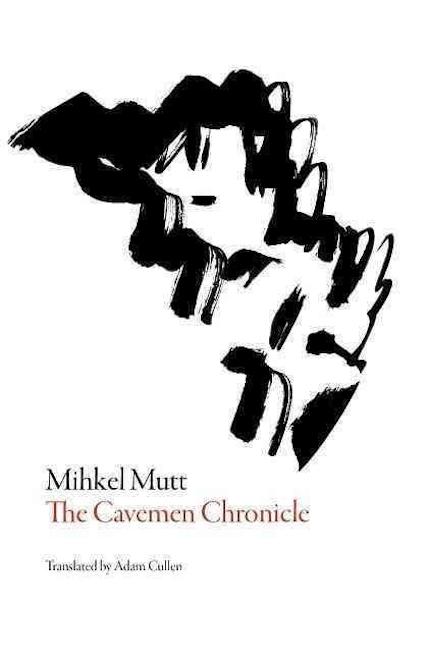
THE CAVEMAN CHRONICLE by Mihkel Mutt
This 400 page novel is about an actual Tallinn cave-like underground pub and gathering place for artists and intellectuals from post-war to independence and beyond. The focus is on individual stories of men who frequent the cave while also following Estonian history and culture. The men have ambivalent feelings about being free because they lose the financial support they had under Soviet rule. The narrator himself is a gossip columnist and the characters are likely based on real-life artists. The prototype for the cave is the “Kuku” club. “With its colourful cast of characters, and given the interesting historical events in the changing nation, The Caveman Chronicle is an entertaining read — and a good introduction to recent and modern Estonia.” (The Complete Review)
Mihkel Mutt is an Estonian writer, essayist, columnist and editor. He has been the editor-in-chief of the literary magazine “Looming”. He is also an author of children's books.
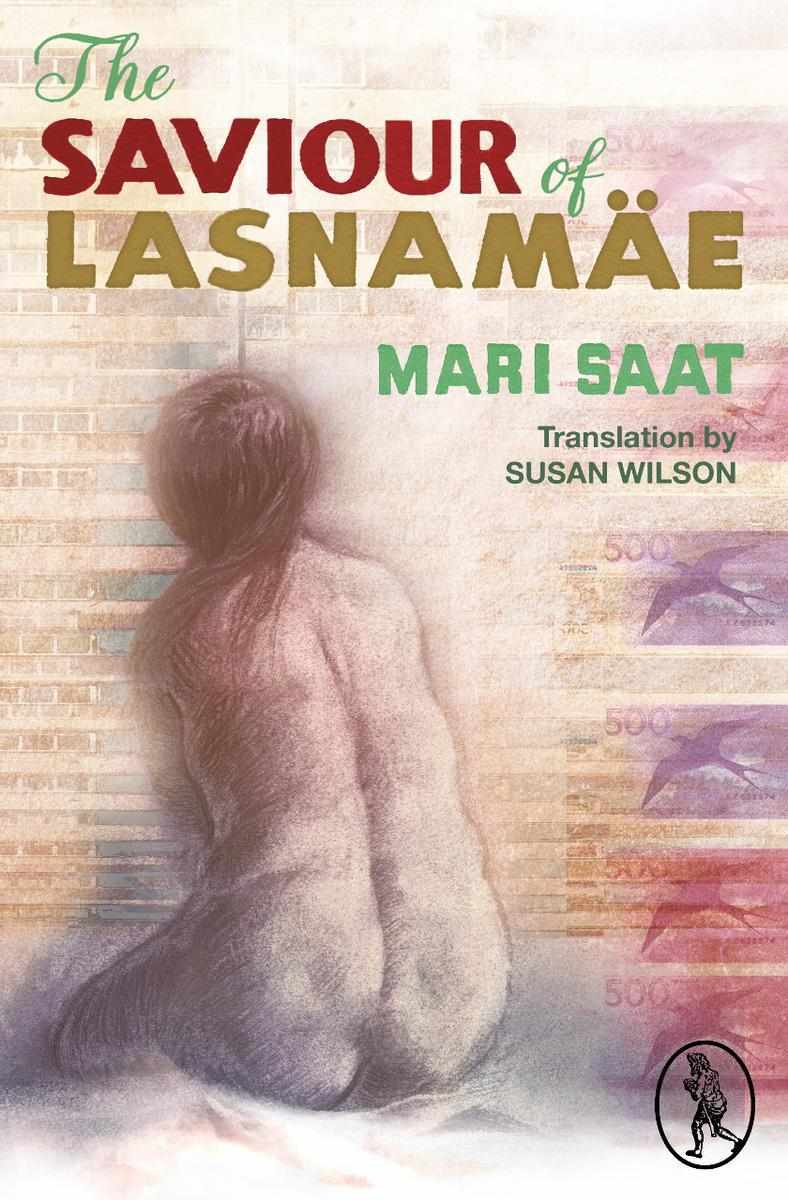
THE SAVIOUR OF LASNAMÄE by Mari Saat
This is a slim volume of fiction about the lives of people in the crowded and cheap cluster of apartments called “Lasnamäe”, on the outskirts of Tallinn. The main characters are a single mother from Russia and her teenaged daughter. The storyline alternates between the two. The novel addresses issues such as unemployment, poverty, poor nutrition, education and expensive health care. In financial desperation, the mother turns to prostitution. She also seeks solace with a wealthy Finnish man. This is an intimate and intriguing look at the lives of Russians in present-day Estonia. “Mari Saat's emphatic book marks an important turn in Estonian literature to serious moral issues after decades of post-modernist experimentation.” (Estonian Literature Centre)
Mari Saat is an Estonian writer. Her focus is usually social issues. This novel has made her a spokesperson for Russian-Estonian relations. She is the recipient of many literary awards and her work has been translated into several languages.
This book is available in Estonian at VEMU library and Tartu College Estonian Studies library.
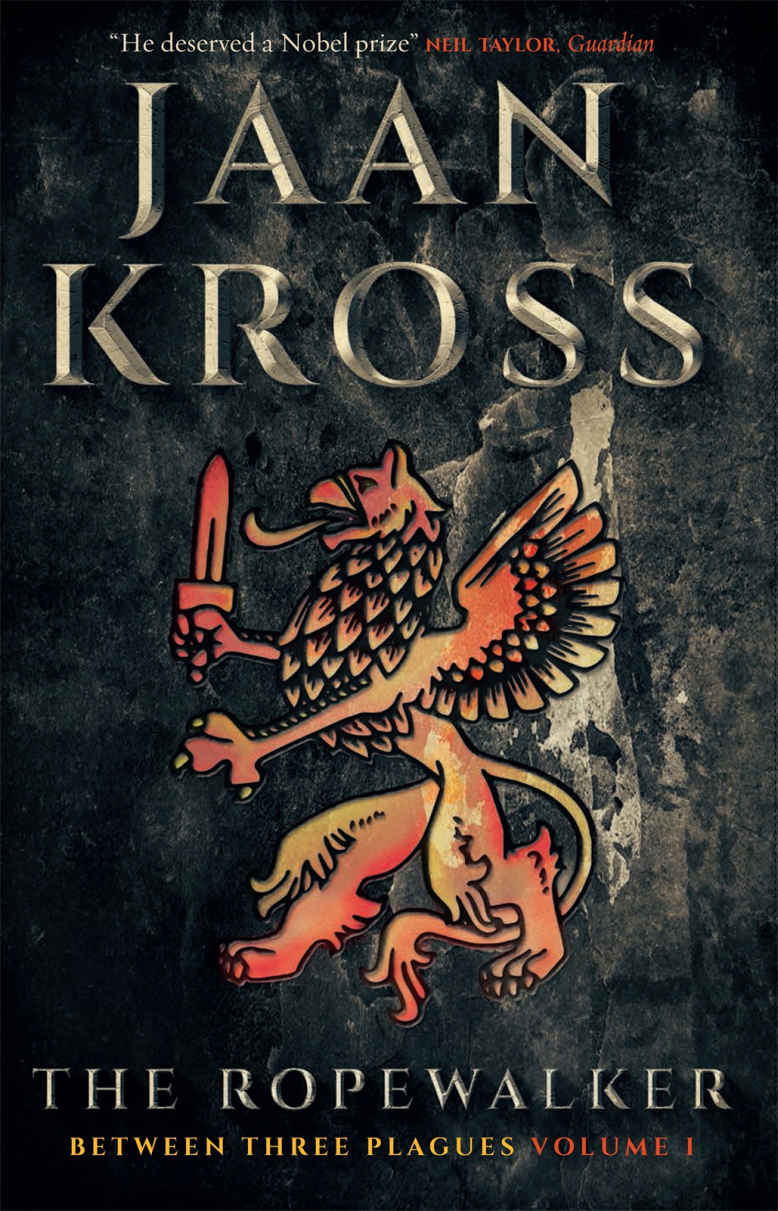
THE ROPEWALKER – BETWEEN TWO PLAGUES by Jaan Kross
This is the first of a trilogy that chronicles the life of a real-life Livonian (Estonian/Latvian) chronicler Balthazar Russow. With descriptive detail, Balthazar Russow describes the effects of the Livonian War on the Estonian peasants. The Russian, Polish and Swedish invaders all fight over Estonia. Russow is portrayed as a flawed hero with a smooth personality. He always manages to stay out of trouble by running away or hiding. He is joined by colourful characters based on historical figures. The importance of education in determining one's fate is a key theme. “The medieval town of Tallinn is an independent character, while the author's spellbinding writing style leads the reader into the 16th century.” (estlit.ca)
Jaan Kross (1920-2007) was an Estonian writer. After returning from Soviet prisons and the Gulag he started writing poetry before turning to prose. He became Estonia's most nationally and internationally acclaimed author. His novels are historical in nature. His works have been translated into several languages.
This book is available in English and Estonian at VEMU library and Tartu College Estonian Studies library.
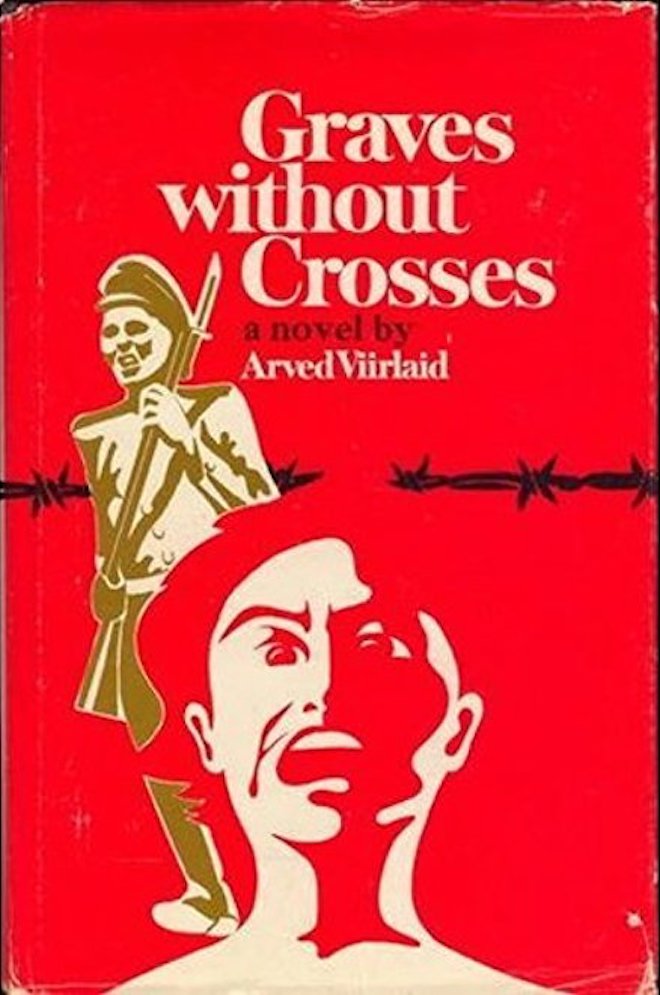
GRAVES WITHOUT CROSSES by Arved Viirlaid
The author fought with the Estonian regiment in Finland in WW11. He returned to Estonia in 1944. The main character, Taavi, has similar traumatic experiences. In intricate detail, Viirlaid describes the pain, suffering and sense of community that Estonians experienced under the brutal Soviet occupation. This is a must-read for every generation of Estonians. The book inspired a film which you can access on YouTube. “They are living their lives for future generations, for a new day, and, when it arrives, they will be those who have redeemed humanity in their graves without crosses.” (AV) “This book establishes Arved Viirlaid as a master of Estonian culture and literature.” (Cloquet River Press)
Arved Viirlaid escaped through the Iron Curtain to the West. He eventually made his way to Canada where he became a Canadian citizen. He wrote several novels as well as poetry collections. The aim of his written work was to open the readers' eyes to the trauma of oppression and the value of freedom. His work has been translated into several languages. He is one of the Estonian community's most well-known and respected authors.
Graves Without Crosses is available in English and Estonian at the VEMU library and the Tartu College Estonian Studies Library.
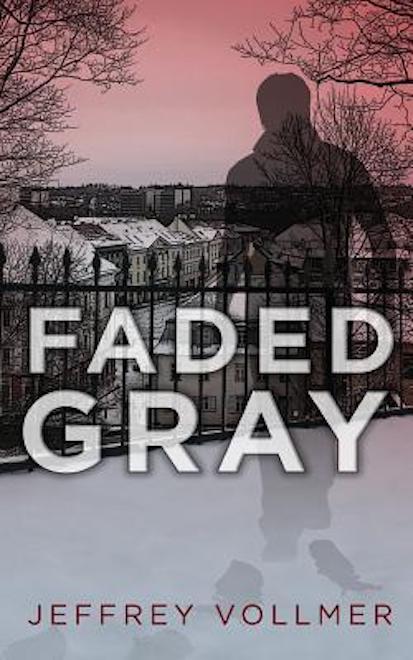
FADED GRAY by Jeffrey Wollmer
According to the author, this is an “American Nord Noir historical fiction novel.” The setting is Estonia from 1997 to 1999. Vollmer was placed there after he joined the Peace Corps. It is a quick and easy read. It is self-published and there are language issues which an editor would have picked up on. The content makes up for it though with vivid descriptions of the Estonian people and their lives at that time. The influences of America, Russia and the drug trade are explored in detail. We also learn that at that time Estonia had the most Peace Corps volunteers in the world.
Vollmer himself was not only in the Peace Corps but was an English as a Foreign Language teacher, thereby writing from a very unique perspective. He returned to Estonia with his family in 2002. He continued to teach English. He also advised private and government clients. He later returned to the United States.
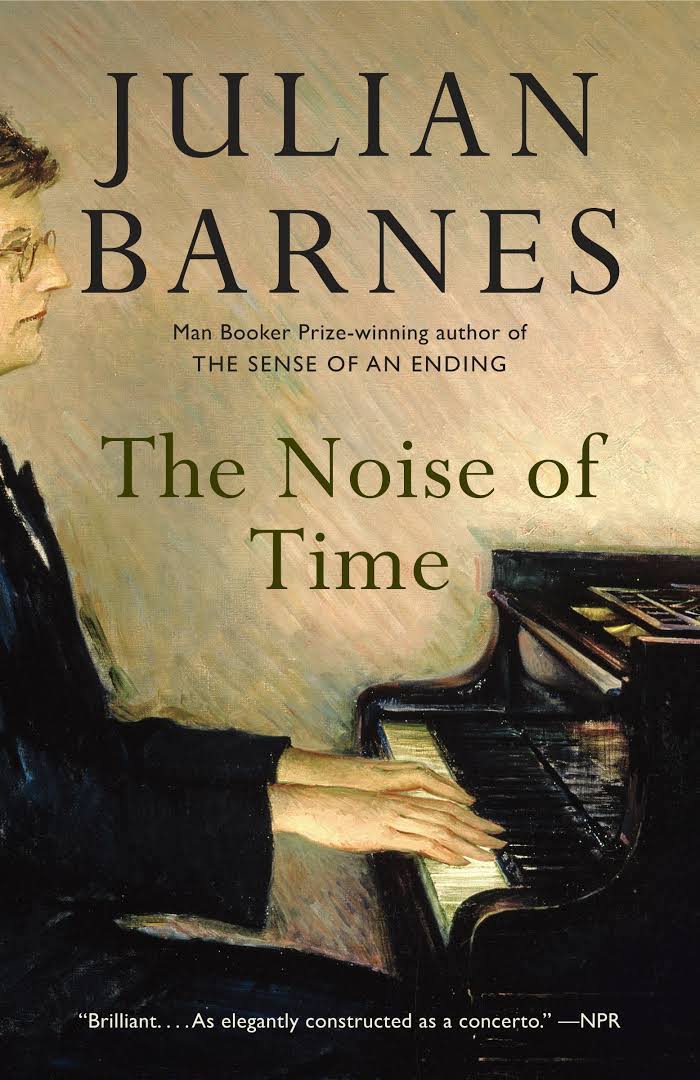
THE NOISE OF TIME by Julian Barnes
This prolific author of twenty previous books has written a Booker Prize winning novel for 2016. This is a fictionalized telling of the life of Dmitri Shostakovich, the famous Soviet era composer. How his music develops is very much determined by the dictator Stalin. Art versus Party is a recurring theme. Sub-themes include, courage, conscience and compromise. The three key points in his life are his denunciation, his persecution and being forced to join the army. The novel is written in a third-person monologue with a sarcastic tone but beautiful language. “This is a thoughtful, humane and compassionate novel. (The Globe and Mail)
Julian Barnes is an English writer. He won the “Man Booker Prize” for “The Sense of an Ending”. He is the author of several short story and essay collections as well as novels.
FOUNDER AND ORGANIZER: Kaja Telmet (ktelmet@sympatico.ca)
BOOK REVIEWER: Maiki Andre Lupp (luppfamily@gmail.com)
